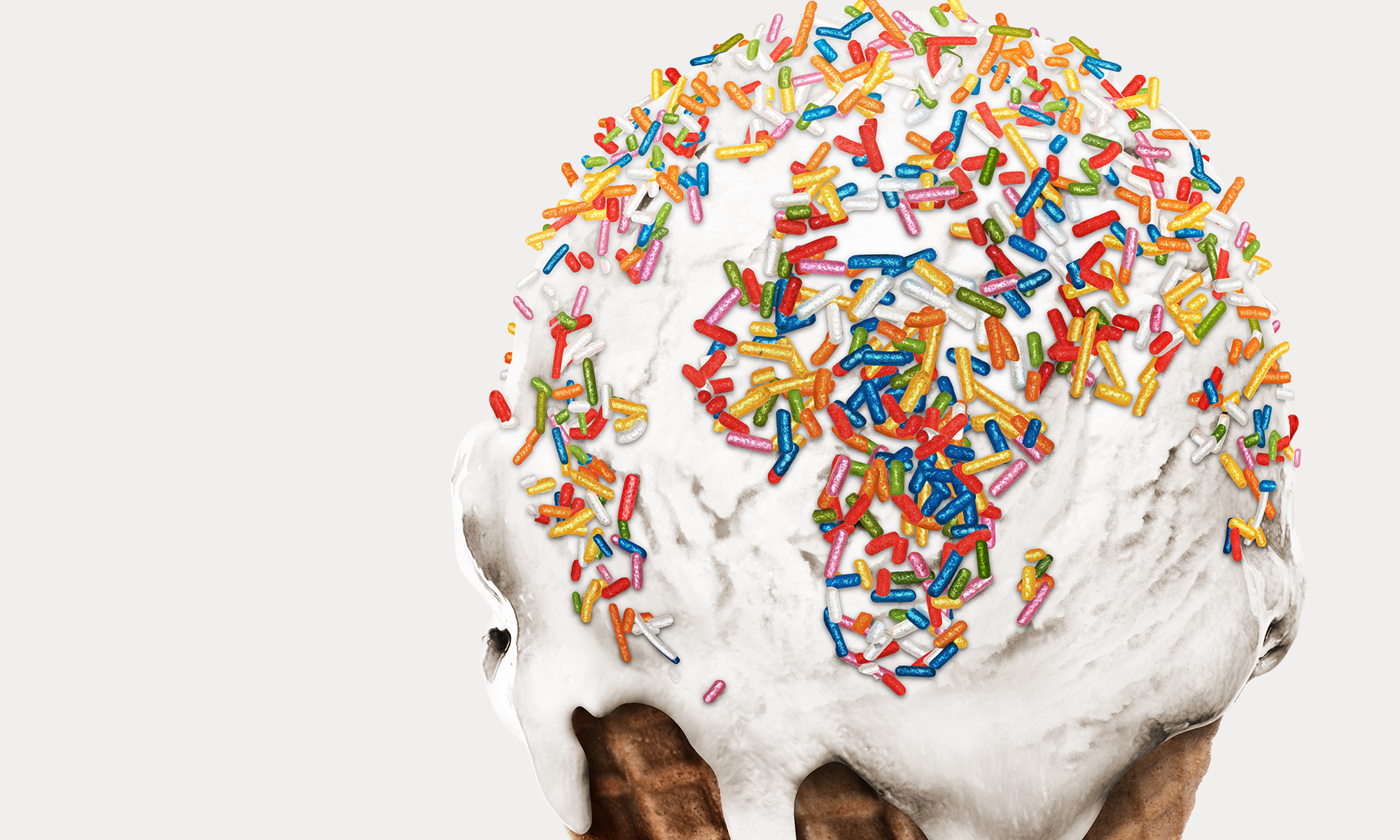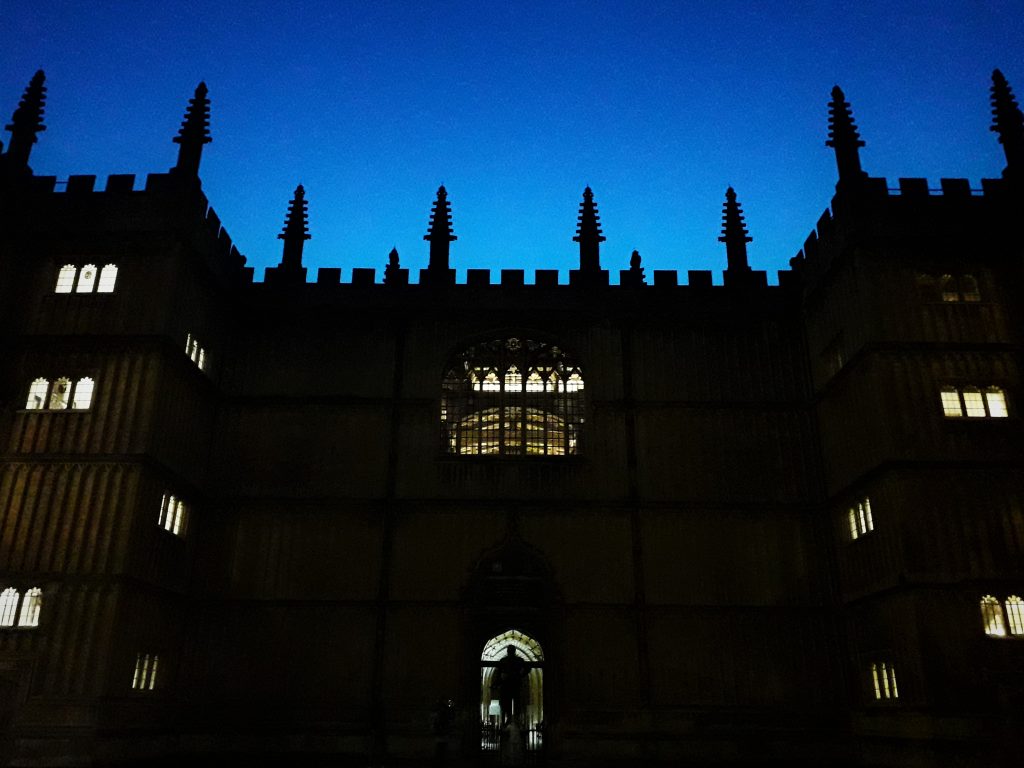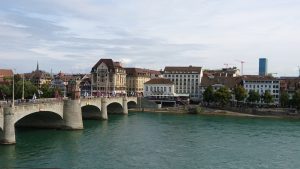Text by Nejc Kejzar – HiLife trainee 2019
 A sense of profound stillness settled upon me when I first set foot onto the cobbled streets of Cambridge. While gazing down Trinity Lane (pictured above), the scene momentarily took on a sephia tone as I was transported into the past. Some in animated conversation, others lost deep in their own thoughts, the scientific greats came streaming past me. There went James Clerk Maxwell, formulating the unification of electricity and magnetism in his mind. Niels Bohr arguing with Max Born over the best representation of quantum mechanics, timidly observed from the side by Paul Dirac, keeping his own to himself. Stephen Hawking playfully teasing the unphased Isaac Newton to try and reveal the gravitational secrets of black holes, followed by Alan Turing wondering just what makes their conversation distinguishable from machines. This surreal procession, stretching over hundreds of years and across disciplines, made me realize to what a special place I have arrived and that it is now my time – as Newton put it – “to see further by standing on the shoulders of Giants.”.
A sense of profound stillness settled upon me when I first set foot onto the cobbled streets of Cambridge. While gazing down Trinity Lane (pictured above), the scene momentarily took on a sephia tone as I was transported into the past. Some in animated conversation, others lost deep in their own thoughts, the scientific greats came streaming past me. There went James Clerk Maxwell, formulating the unification of electricity and magnetism in his mind. Niels Bohr arguing with Max Born over the best representation of quantum mechanics, timidly observed from the side by Paul Dirac, keeping his own to himself. Stephen Hawking playfully teasing the unphased Isaac Newton to try and reveal the gravitational secrets of black holes, followed by Alan Turing wondering just what makes their conversation distinguishable from machines. This surreal procession, stretching over hundreds of years and across disciplines, made me realize to what a special place I have arrived and that it is now my time – as Newton put it – “to see further by standing on the shoulders of Giants.”.
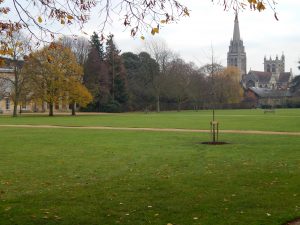
In Cambridge, emerald green grass is never far away from gothic architecture. This interwoven combination gives the whole town a studious feeling, which I used to my advantage on many a walk – there is nothing quite like retracing footsteps of great thinkers of the past and present to help solve a difficult problem of your own. Although fairly small in size, Cambridge contains many hidden alleys and secluded spots, creating a scholars’ paradise. What is more, the University permeates every street corner, lane and building. In fact, what makes Cambridge so special is that in a way, the town itself is the University. Departments, colleges and libraries from centuries past rub their brick shoulders with modern restaurants and bookstores. While one door might deliver to you a pint of London Stout shared with fellow intellectuals in the cosy athmosphere of one of 110 pubs, the neighbouring might open to reveal the interior of a physics’ lab – which, judging from an impressive number of novel discoveries streaming from Cambridge, is a rather harmonious relationship. It goes without saying, that the whole package has quite the Harry-Potteresque feel to it – after all, Hogwarts was inspired by dining halls, chapels and traditions of the University colleges. One of the formal dinners that I got to experience in Trinity College great dining hall (below) is a particularly fond memory – short of the floating candles and headless ghosts, I was hard-pressed to tell the difference from the Start-of-Term Feast at the School of Witchcraft and Wizardry. Regardless of whether you are a “Potterhead” or not, the subtle magical feeling is undeniable.
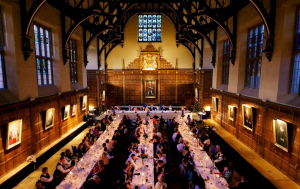
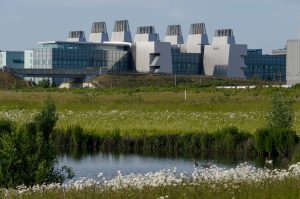 Whilst in Cambridge, I conducted my Master’s Thesis research in the Neurobiology Division of MRC Laboratory of Molecular Biology. Nestled among flowering fields (above), the imposing structure houses state-of-the-art laboratories and the highest concentration of experts in their respective fields that I have encountered to date (including 2 out of a total of 16 Nobel Laureates originating from this institute – casually saying “hi” to a passing Nobel Laureate on your way to morning coffee is quite an experience). The significance of the previous sentence with respect to the HiLIFE Trainee Scholarship cannot be overstated. Thanks to this scholarship, I not only got access to immense research resources, but could also closely interact with leading scientists. Being able to knock on a door instead of writing an email, awaiting a doubtful reply, makes a world of difference.
Whilst in Cambridge, I conducted my Master’s Thesis research in the Neurobiology Division of MRC Laboratory of Molecular Biology. Nestled among flowering fields (above), the imposing structure houses state-of-the-art laboratories and the highest concentration of experts in their respective fields that I have encountered to date (including 2 out of a total of 16 Nobel Laureates originating from this institute – casually saying “hi” to a passing Nobel Laureate on your way to morning coffee is quite an experience). The significance of the previous sentence with respect to the HiLIFE Trainee Scholarship cannot be overstated. Thanks to this scholarship, I not only got access to immense research resources, but could also closely interact with leading scientists. Being able to knock on a door instead of writing an email, awaiting a doubtful reply, makes a world of difference.
My main focus here was studying the dynamics of AMPA receptors using molecular dynamics simulations. It is in part thanks to these receptors that we can learn and form memories. Therefore, in essence, I spent most of my time thinking about AMPA receptors using my AMPA receptors – quite an amusing thought. But the research I conducted in Cambridge is for me personally of greater importance still – it is through my research that I became involved in the Cambridge Neuroscience community and discovered my passion – merging the studies of artificial and biological intelligence. Prior to arriving at Cambridge I was not quite sure about where to take my career after graduating from Helsinki, but thanks to this experience, my future path is set and is looking as exciting as ever!
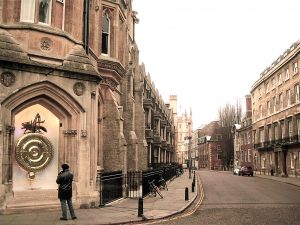 Alas, my 7 months in Cambridge have been gobbled up by the enigmatic Chronophage of the Corpus Christi clock. This has truly been an enriching experience and it is now up to you, my dear reader, to apply for HiLIFE Trainee Scholarships. For myself, the good-bye is only temporary, as I shall be returning to this enchating little town in October to start my PhD in Neuroscience, working on our brains’ internal GPS system!
Alas, my 7 months in Cambridge have been gobbled up by the enigmatic Chronophage of the Corpus Christi clock. This has truly been an enriching experience and it is now up to you, my dear reader, to apply for HiLIFE Trainee Scholarships. For myself, the good-bye is only temporary, as I shall be returning to this enchating little town in October to start my PhD in Neuroscience, working on our brains’ internal GPS system!
